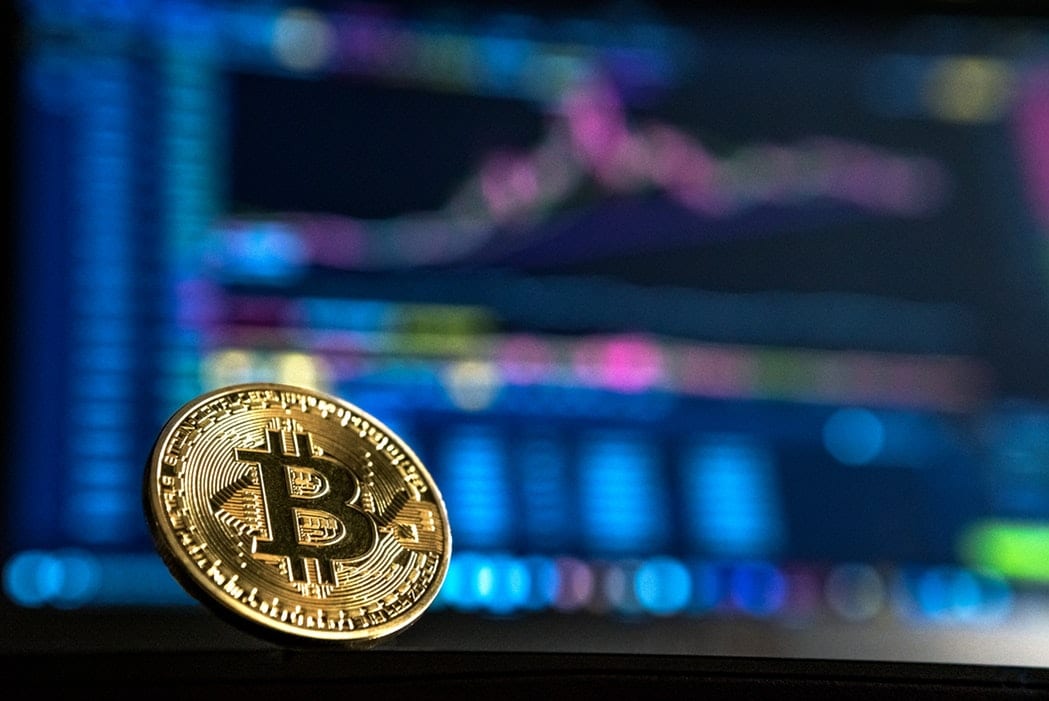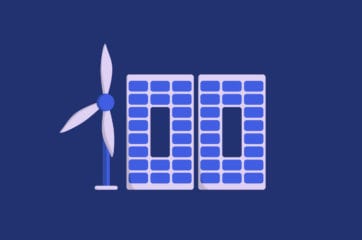by MARIA VIRGINIA OLANO
We have all heard of the hype surrounding Bitcoin recently, with an explosion in value that is hard to ignore. If you bought $100 in Bitcoin back in 2011, you would today be worth nearly $4 million. But there are vast and profound implications of cryptocurrencies beyond their trading value, especially when looking at the technology that makes them possible: the Blockchain.
By now you have probably come across the claim that blockchain and cryptocurrencies are going to drastically change the world. Many have called them a game-changer, capable of revolutionizing business, governments and social interactions in the most disruptive way since the invention of the Internet.
The Internet gave us democratized access to information. It allowed for fast communication across the globe, virtually shrinking geographic distances. However, when it comes to asset ownership and value transfers, we still rely on conventional, centralized institutions like banks. We have built our entire economy reliant upon these institutions that act as middlemen for all of our transactions, and build trust among individuals, crucial for the system to function. The downsides to these institutions is that they are centralized, slow, exclusionary, and they take a cut of the transaction simply for facilitating it.
The Blockchain addresses these problems in two key ways: it allows transactions without the need for a trusted intermediary, and it ensures those transactions cannot be altered, removed or reversed. It promises a future of equal access, inclusion and prosperity across all sectors of the economy—including energy.
Back up –– what exactly is Blockchain?
The blockchain is a decentralized database that stores a registry of assets and transactions across a peer-to-peer network. Simply put, blockchains create a public registry of who owns what and who transacts what, encrypted and linked together. The records are replicated on every single computer on the network, creating an essentially immutable record that is virtually impossible to hack or forge.
The vast, global, distributed ledger that blockchain technology creates is available to everybody, and every kind of asset can be moved and transacted without the need for an intermediary. It is a technology that is reshaping the Internet and allowing us to move from an Internet of information to one of value. It is also the underlying technology of digital currencies like Bitcoin and Ethereum.
And what is Bitcoin again?
Bitcoin is one of many cryptocurrencies out there. A cryptocurrency is a digital asset system maintained by a blockchain. It uses encryption to create a medium of exchange, operating independently from a central bank and not backed by a nation-state. As opposed to the dollar, for example, which depends on the U.S. government to back its value through the Federal Reserve, Bitcoin does not need a government nor a bank to back it.
What about energy?
The next set of questions surrounds the actual ways in which blockchain will change and impact different industries. With the technology being less than 10 years old, this is still hard to predict. However, there are a few ways in which the energy sector is already changing through the inclusion of blockchain record keeping and cryptocurrencies.
“What the internet did for communications, blockchain will do for trusted transactions, and the energy and utilities industry is no exception,” said Stephen Callahan, Vice President, Energy, Environment & Utilities, Global Strategy, at IBM.
Blockchains lower uncertainty and therefore promise to transform our economic systems in radical ways. This impacts the energy industry in several ways. The energy market has been liberalizing by bringing greater competition into electricity markets in the interest of creating more competition and privatization and in turn, reducing prices. At the same time, the renewable energy sector has grown exponentially in recent years, therefore blockchain offers a way to better handle and keep track of the increasingly complex transactions between users, producers, retailers, traders and utilities.
Blockchain also has implications for the way we generate and manage electricity. For decades, we have relied on centralized systems to generate, store and deliver electricity, with power plants supplying the electricity and utilities delivering it to homes and businesses. However, as energy demands change and increase, there has been a rise in what is called Distributed Energy Grids; these are smaller power generation and storage systems that can take advantage of renewable sources such as solar panels or wind turbines. Alternative energy sources have grown exponentially, however, they remain dependent on existing energy markets and under the control of centralized utilities. For example, those individuals producing power from their own solar panels who want to sell the excess power to others still only have the option of selling it back to their utility company. Using blockchain’s data management capabilities, individuals can utilize a peer-to-peer energy trading model and facilitate the proliferation of these independent systems to gain more control over their energy needs.
Bitcoin’s (or other cryptocurrencies’) networks could shift this paradigm and allow consumers to sell excess power to each other, thereby increasing the proliferation of microgrids and decentralized energy production and distribution. This is especially significant when thinking about the feasibility of renewables’ proliferation. Communities could take back control of their energy needs and have more choices in terms of where to get their electricity from. There are already startups around the world looking to take advantage of these opportunities.
Another potential use for the technology is in keeping track of renewable-energy certificates and in the future even potentially changing the entire architecture of the grid. Governments around the world have created systems based on tradable certificates for renewable energy produced, but there are significant shortcomings and problems with the way they are managed. There is a long set of intermediaries between renewable energy facilities that generate electricity and the end-result of the certificates being traded. This racks up transaction costs, is slow and inefficient, leaves room for errors and carries a lot of mistrust due to lack of transparency. Blockchain could get around these challenges. What if when a renewable power plant generated a unit of electricity a meter could immediately log the data directly into a blockchain? The certificates could be sold and traded immediately and transparently.
It’s not all good news
While blockchain seems to hold the key to improvement and progress in many sectors, including the way we produce, consume and trade energy, there is a darker side to the technology that cannot be overlooked. The growth of cryptocurrencies has created a huge demand for computer power and in turn, consumes a massive amount of energy. Today, each Bitcoin transaction requires the same amount of energy used to power nine homes in the U.S. for one day and the aggregate computing power of the network consumes more energy per year than 159 entire countries do in the same time. Because we are still far from a grid powered by renewable sources, this massive electricity demand is not sustainable. We may need to think about ways to develop and power this technology in a responsible and ethical manner that does not backtrack decades of progress toward decarbonization.
One advantage to offsetting blockchain’s expansive energy demand is the fact that the networks can be powered from anywhere, and can therefore be located where they are able to be powered by renewable energy. In this way, its increased strain on the grid can actually further clean energy production if its made clear that mining will solely, or mostly, have to be powered by renewables.
Blockchain and cryptocurrencies indeed have the potential of democratizing access to services such as finance and energy. Although there are some skeptics who call the explosion of these cryptocurrency a bubble, and cite the significant challenges regarding energy consumption demand, there is also vast potential in their ability to grant utility customers greater flexibility in generating renewable energy. In both the short and long term, I believe blockchain will allow for more equal access to crucial assets and increase energy security that is no longer dependent on centralized, utility control; it will open up the market to become more competitive and hopefully allow for renewables to multiply and become more cost-effective. Ultimately, blockchain will give us all a chance to take back control of our information, transactions, and assets and to collectively become more efficient and equitable.









